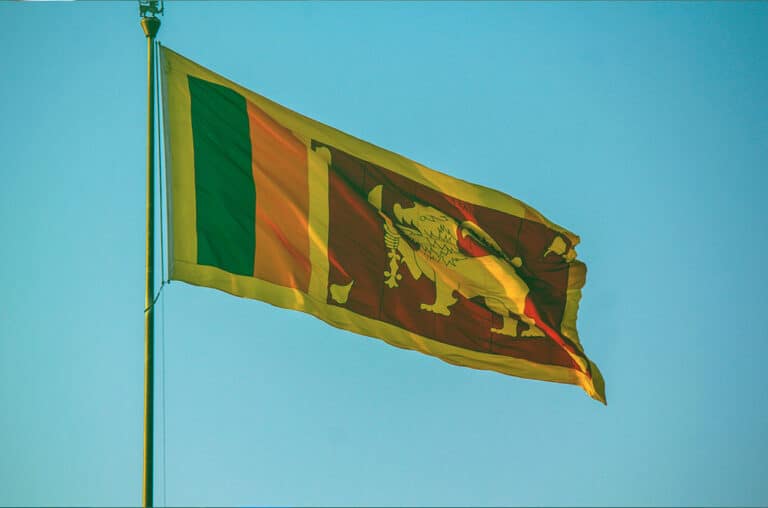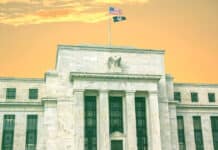
Sri Lanka’s long-running economic woes has now seen the country default on foreign debt repayments amidst rapidly growing political unrest in the country.
Sri Lanka has witnessed weeks of protests due to rising food prices and shortages of vital fuel supplies.
According to the Associated Press, Sri Lanka has suspended repayment of about $US7 billion ($9.9 billion) in foreign loans due this year out of $US25 billion to be repaid by 2026. The country’s total foreign debt is $US51 billion. The finance ministry says the country currently has only $US25 million in usable foreign reserves.
The grace period for two unpaid foreign bonds expired last week.
Ranil Wickremesinghe, the country’s new prime minister, has asked for foreign help to bail out the government, due to almost running out of foreign currency reserves.
The defaults will seriously impact the confidence of investors, which will make it more difficult to borrow money from overseas and in turn undermine its currency.
Inflation is now at 30 percent and power cuts and lack of medical supplies threatens to bring down Sri Lanka’s health system.
Also read: The Current Selloff: Markets Lose Their Footing
The government has been forced to print money to pay for government salaries.
Sri Lanka imports the bulk of its fuel and has only one day’s supply in reserve.
The economic crisis, unparalleled since gaining independence in 1948, has come about through a range of factors including the COVID-19 pandemic, rising oil prices and populist tax cuts by the former Rajapaksa ruling family.


























